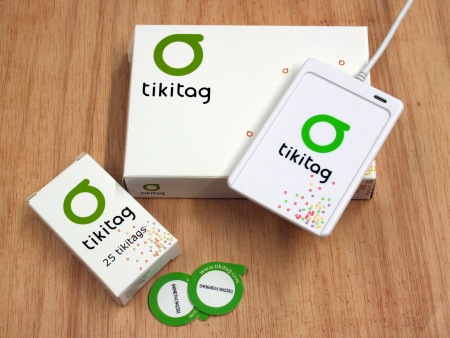Sean pointed me to a YouTube video from Columbia in which Dan Cohen starts the talk by talking about our Day of Digital Humanities. See Research Without Borders: Defining the Digital Humanities April 6, 2011. Dan talks about definitions for the digital humanities and talks about what they do at their Center for History and New Media.
Dan talks about how he doesn’t think there is anything like “armchair digital humanities”. He argues that you learn about technologies like blogging and twitter by doing.






